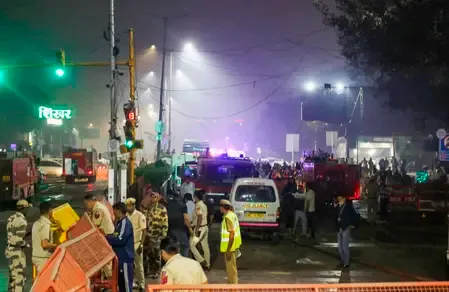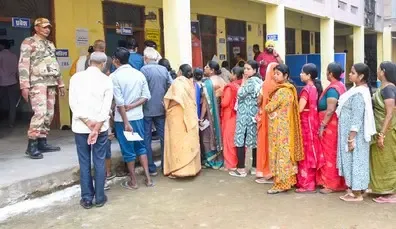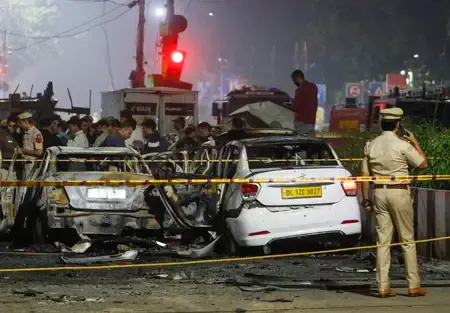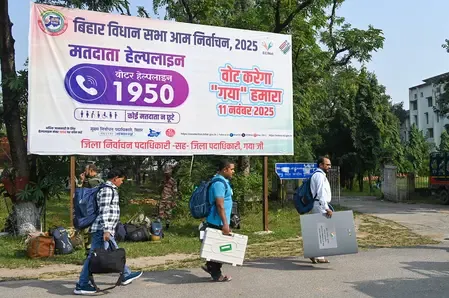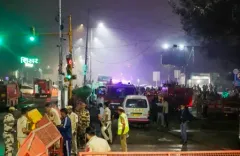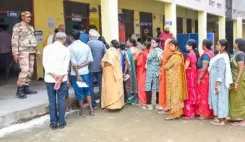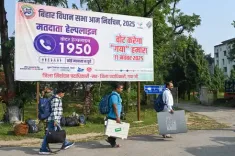Is India Prepared for Its First Digital Census in 2027, Including Caste Data?

Synopsis
Key Takeaways
- India's first digital Census is scheduled for 2027.
- Inclusion of caste data marks a historic change.
- Data collection will be conducted via mobile apps.
- Self-enumeration will be available to citizens.
- A three-tier training system will support enumerators.
New Delhi, July 7 (NationPress) India is gearing up for its 16th national Census in 2027, representing a major transformation as the nation adopts a fully digital enumeration approach for the first time.
The Registrar General and Census Commissioner from the Ministry of Home Affairs (MHA) revealed this information on X. The Ministry formally announced its plans for Census 2027 through a Gazette notification published on June 16, 2025. All states and Union Territories have been directed to repost the notification in their local gazettes and designate nodal officers to manage preparations.
Data collection will utilize mobile applications compatible with both Android and iOS, available in English, Hindi, and various regional languages.
Enumerators and supervisors will enter data using their personal smartphones, which will send the information directly to a central server, thereby enhancing processing speed and accuracy.
The Census will unfold in two distinct stages. The first stage, the Housing Listing and Housing Census (HLO), is set to commence in April 2026. The second stage, the Population Enumeration (PE), will take place in early 2027. The reference date for the majority of the nation is designated as 00:00 hours on March 1, 2027, while for remote and snowbound regions such as Ladakh, Jammu and Kashmir, Himachal Pradesh, and Uttarakhand, it is October 1, 2026.
To maintain consistency in data gathering, administrative boundaries across India will be frozen from January 1, 2026, to March 31, 2027. This initiative aims to avert any duplication or omissions stemming from jurisdictional shifts.
Census 2027 will also incorporate caste enumeration for the first time since 1931, providing deeper insights into India's social structure.
Furthermore, citizens will have the opportunity for self-enumeration through a dedicated web portal during both phases. This initiative is part of a broader digital transformation aimed at improving accessibility, transparency, and efficiency.
A comprehensive three-tier training system has been established to facilitate the process, consisting of National Trainers, Master Trainers, and Field Trainers.
Approximately 34 lakh enumerators and supervisors will be trained within this framework. A nationwide publicity initiative will coincide with the rollout, emphasizing inclusive participation, last-mile engagement, and prompt distribution of accurate information.
With India's population surpassing 1.46 billion, the 2027 Census is anticipated to play a vital role in shaping future policies, welfare programs, and electoral districts.

